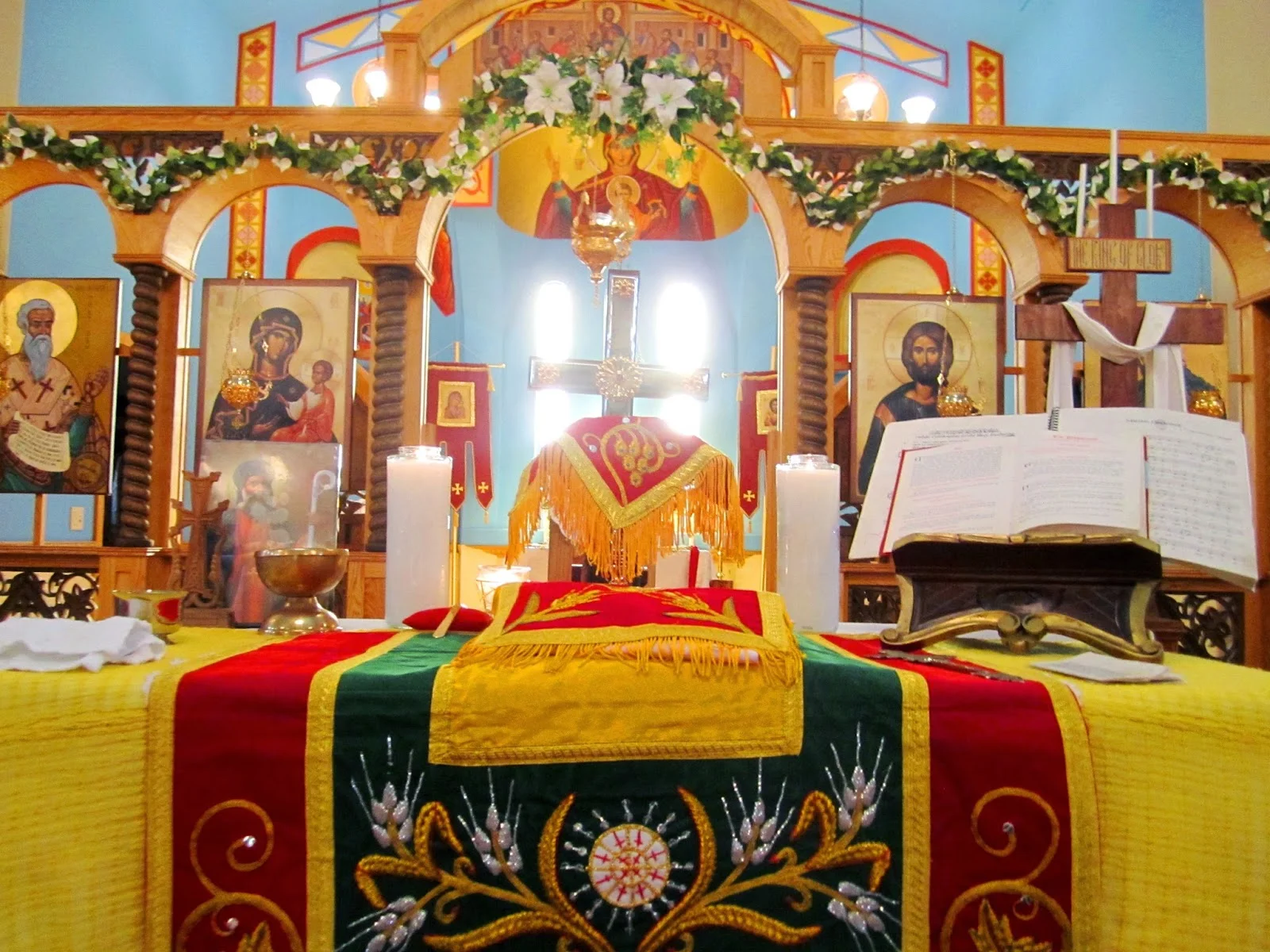Gospel Message & Recording
The Orthodox Christian Church identifies that there are seven Holy Sacraments; nevertheless, it is also understood that all that is good and profitable for our souls is a Sacrament. For example, waking up in the morning and giving thanks to God can be considered a Sacrament. In other words, we can rightly say that life is a sacrament. From this perspective, the Malankara Orthodox Church sees the Qurbana in the same way. For most Malankara Orthodox Christians, Qurbana is an exclusive experience reserved for Sunday, particularly when the Priest recites the Words of Institution, “blessed, consecrated, broke….” This reminds the faithful of the reality that Christ instituted the Qurbana so that we might receive his precious Body and Blood every time we celebrate it.
In today’s Gospel reading there is “another Qurbana.” The “everyday Qurbana,” found in the Gospel of Matthew 15:32-39. Here, the situation does not look like a Sunday morning Qurbana at a typical Malankara Orthodox Church. It’s messy and probably stinky because most of the people have been with Jesus the whole day. It is at this point that Jesus has compassion on his followers and performs the miracle to feed the four thousand. The Gospel says, that Jesus gave “thanks, broke it, and gave to his disciples to distribute to the people.” First, the “thanks” represents the events that have happened in our life that we consider a blessing—our family, home, job, career, healing, friends and prosperity. When we experience such circumstances we should always “lift up our hearts” and give thanks to the Lord. Second, when Jesus breaks the loaves, this represents our suffering, trials and tribulations in life. These experiences are not by circumstance but happen in our life for a specific purpose. It is our job to learn from them and get closer to God. No matter what the suffering, or rather the “brokenness” we feel inside, we should always remember that Jesus is with us. Third, when Jesus gives the loaves to his disciples and they distribute it to the people, this represents us witnessing our blessings and sufferings to others, in order to show them the love of Christ. This is place that normally most Christians stop. We have blessings. We go through suffering. Yet we are not able to witness this to our co-workers, friends, family or relatives. We stop at suffering/brokenness and never move forward. Our life, which is a Qurbana, is only complete when we witness to others (in a loving and respectful way) that there is a Christ that can save them. Further, that there is an Orthodox Church, where they can come and receive the Body and Blood of Christ and be healed and experience true worship.

